

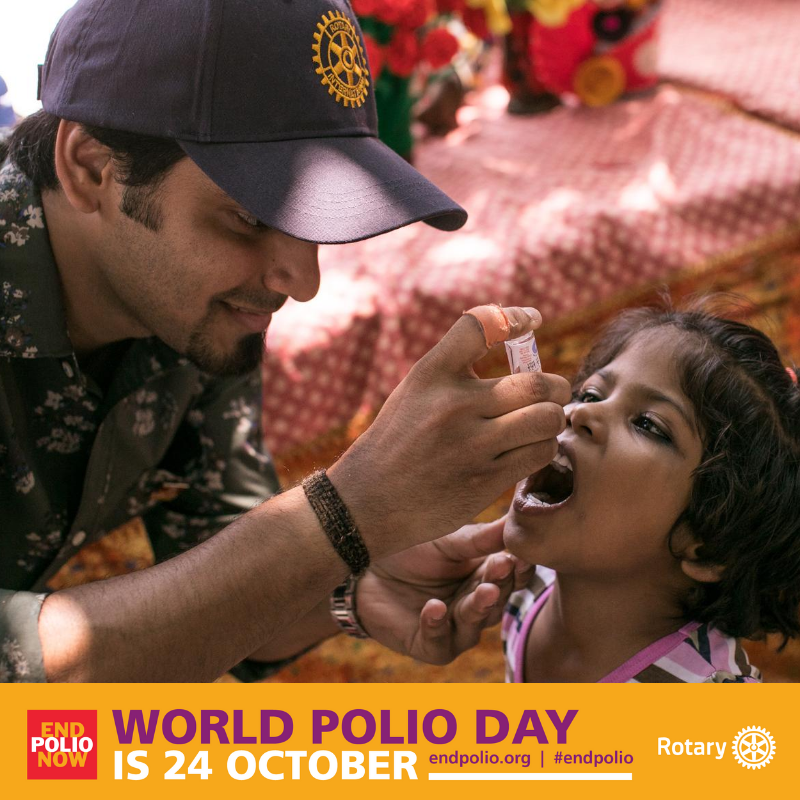
As World Polio Day 2024 approaches, we take a moment to celebrate the progress made in the fight against polio and renew our commitment to eradicating this disease. With a decrease of over 99% in polio cases since the launch of the Global Polio Eradication Initiative, the day highlights the importance of vaccinations and the need to reach every child, especially in regions where polio still poses a threat. This important occasion also recognizes the contributions of healthcare workers, scientists, and organizations in the fight against polio while reinforcing the importance of strengthening health systems for overall health improvement.
World Polio Day: A Triumphant Fight Against a Crippling Disease
Background
Polio, a highly infectious viral disease, once crippled or paralyzed millions of children worldwide. However, thanks to the tireless efforts of healthcare workers, scientists, and global initiatives, polio is on the verge of eradication.
World Polio Day, observed annually on October 24, serves as a testament to this remarkable progress. It was established in 1988 by Rotary International to commemorate the birth of Jonas Salk, the inventor of the polio vaccine.
Progress and Challenges
Since the launch of the Global Polio Eradication Initiative in 1988, polio cases have plummeted by over 99%. Wild poliovirus type 2 (WPV2) has been eradicated, and WPV3 is on the brink of extinction.
However, pockets of resistance remain in certain regions, particularly in Afghanistan, Pakistan, and parts of Africa. These areas face challenges such as poor infrastructure, conflict, and vaccine hesitancy.
Importance of Vaccination
Vaccinations have played a pivotal role in the fight against polio. The oral polio vaccine (OPV) provides lifelong immunity with just a few doses. Additionally, the inactivated polio vaccine (IPV) offers enhanced protection against infection.
It is crucial to reach every child with these vaccines, especially in high-risk areas. Mass vaccination campaigns, routine immunization, and targeted health programs are essential for achieving global eradication.
Top 5 FAQs and Answers
Q: How is polio transmitted?
Q: What are the symptoms of polio?
Q: Is polio a threat in my country?
Q: Can polio be cured?
Q: What can I do to help eradicate polio?
Conclusion
World Polio Day stands as a testament to the tireless efforts of those who have dedicated their lives to eradicating polio. While progress has been remarkable, the fight is not over. By continuing to invest in vaccination, strengthening health systems, and raising awareness, we can achieve a polio-free world for all.

Every year on December 22, National Mathematics Day is celebrated to honor the life and achievements of Srinivasa Ramanujan, one of the most influential mathematicians in history. Despite growing up in extreme poverty, his groundbreaking contributions to mathematics continue to inspire researchers today. This day not only celebrates his legacy but also recognizes India's rich history in mathematics and encourages students to explore the world of numbers.

A bone box with the inscription "James, son of Joseph, brother of Jesus" was recently put on display in Atlanta, Georgia. The box is believed to have once held the remains of James the Just, brother of Jesus, making it the oldest physical evidence of Jesus. Despite some controversy and accusations of forgery, the box has been declared authentic by experts.
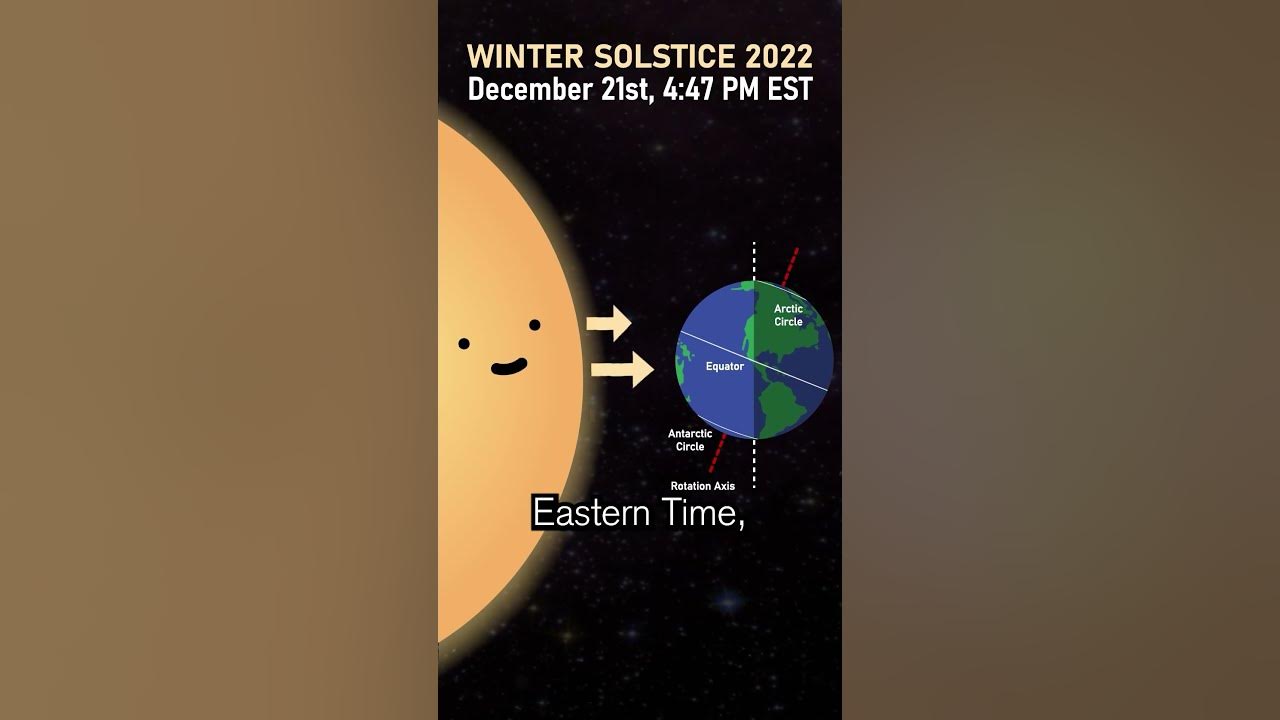
As the winter solstice approaches on December 21st, the Northern Hemisphere will experience the shortest day and longest night of the year. This natural phenomenon has captivated people for centuries, with ancient traditions and festivals taking place around the world. Through science, we can understand why this occurs and how it affects different regions of the world differently.
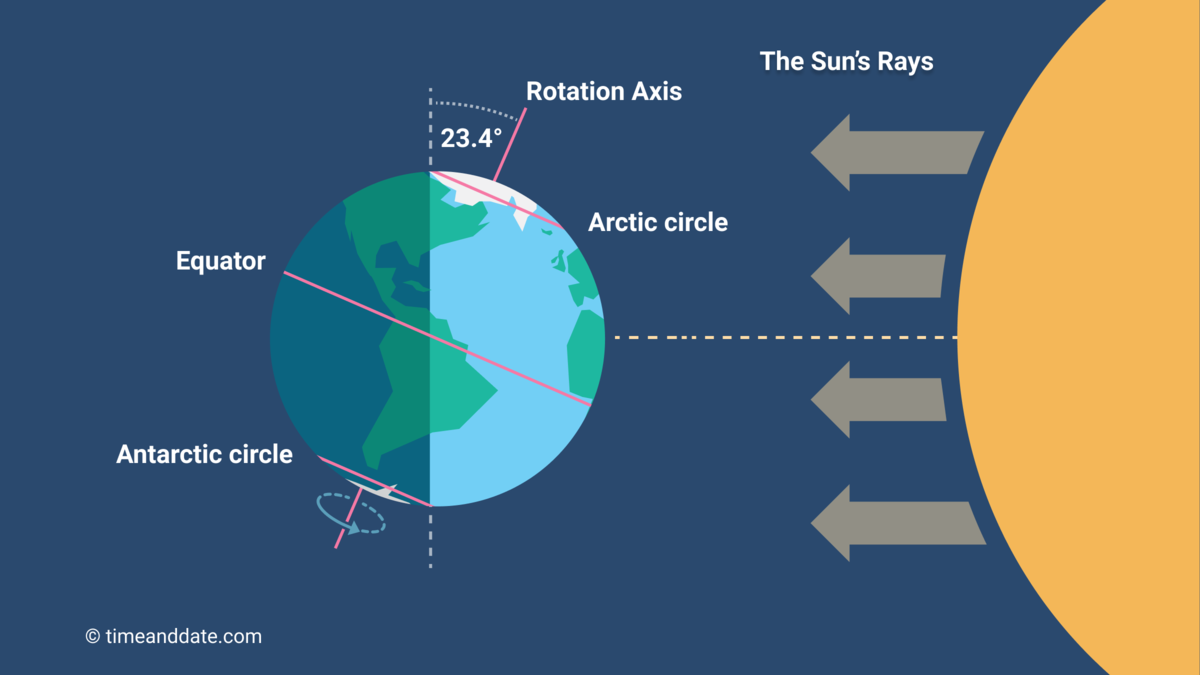
Every year, the Northern Hemisphere experiences the arrival of winter on the winter solstice, which marks the shortest day and longest night due to the Earth's tilt on its axis. As the North Pole is furthest from the sun, it receives the least amount of sunlight, resulting in a gradual lengthening of days towards the arrival of spring. This year, the winter solstice falls on December 21 and will be celebrated by people worldwide in various ways to mark the significant celestial event.
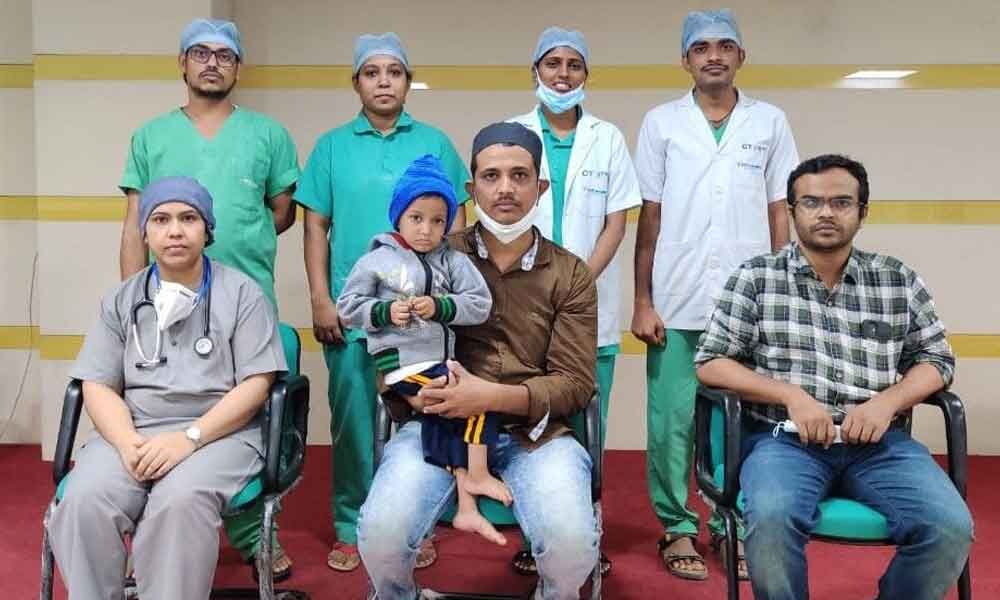
In a miraculous surgery, doctors at Kurnool Government General Hospital successfully removed a one-foot stick from the stomach of a 12-year-old boy who had fallen from a tree and suffered an abdominal injury. The head of the Paediatrics Department, Dr Shiva Kumar, along with doctors from the orthopaedic and anaesthesia departments worked together to perform the three-hour long surgery. The patient, Irfan, is now able to walk on his own and is expected to make a full recovery in a month.
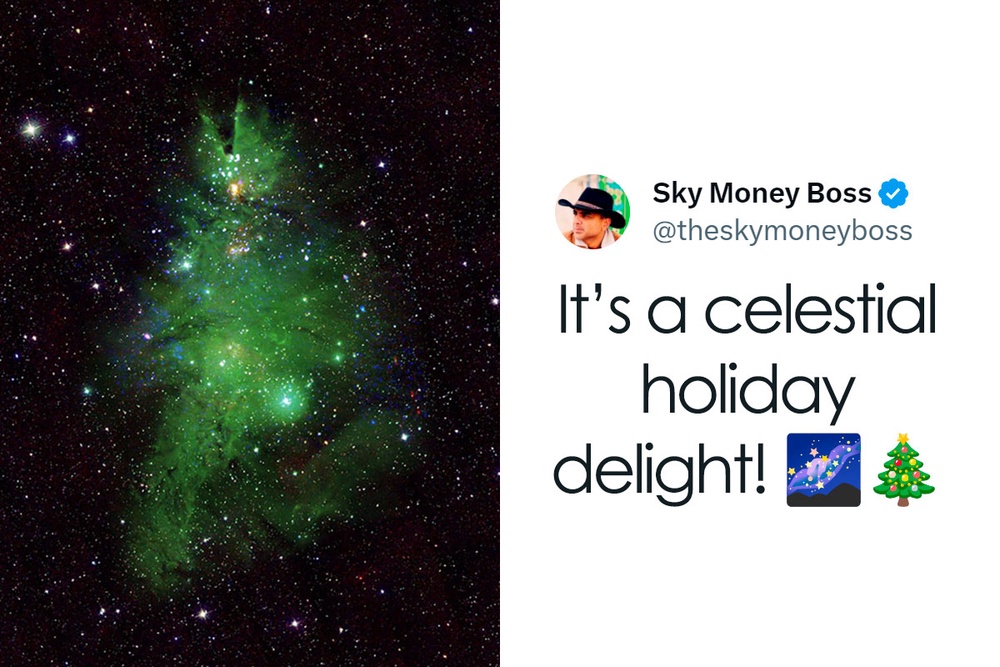
NASA has released stunning new images of two nearby star clusters that resemble a wreath and a Christmas tree. These clusters, known as NGC 602 and NGC 2264, are located in the Small Magellanic Cloud and are made up of young stars. The images were created by combining data from NASA's Chandra X-ray Observatory and James Webb Space Telescope. As we celebrate the winter solstice, take a moment to marvel at these cosmic Christmas decorations.
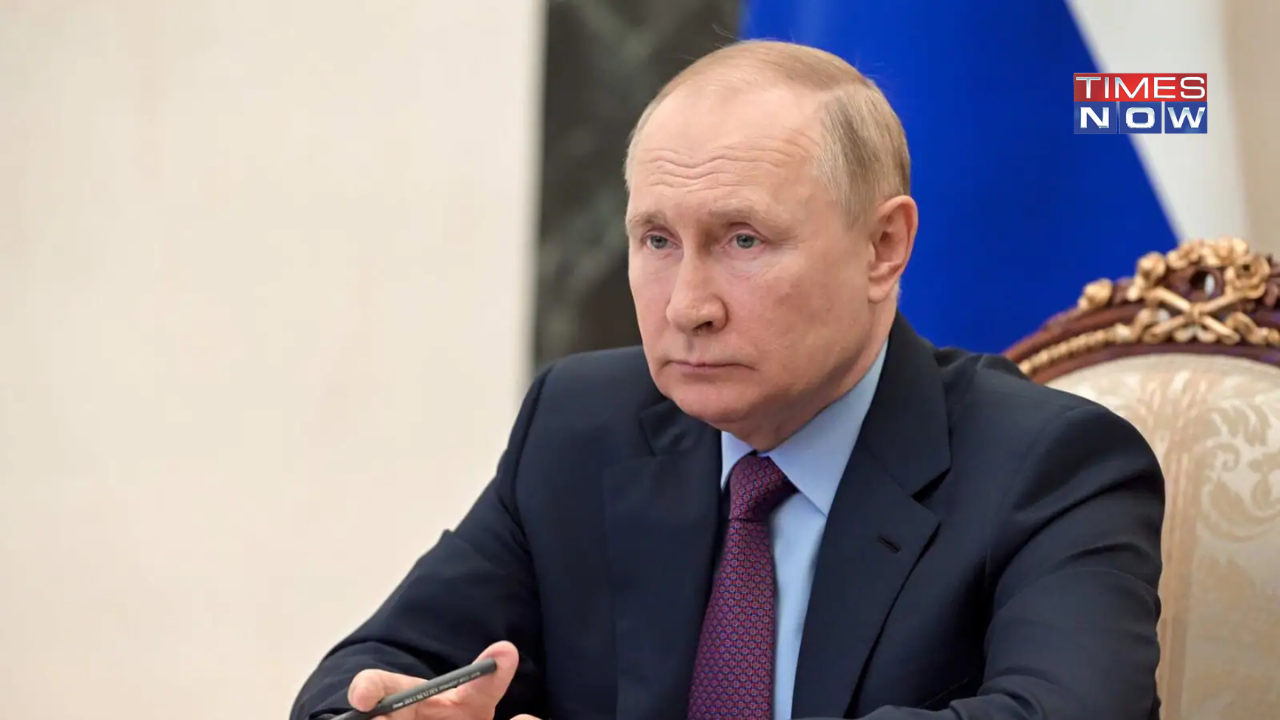
Vladimir Putin's announcement about the development of a cancer vaccine in Russia has stirred up a wave of hope among patients and experts alike, with its promised release for general use as early as 2025. As the world grapples with the devastating effects of cancer, the Russian vaccine, developed with the help of AI technology, could potentially revolutionize the way we understand and treat the disease. However, with other countries also racing to develop their own versions of cancer vaccines, the competition is stiff, and the details of Putin's claim are yet to be revealed. If successful, this could mean the end of the world's biggest killer.
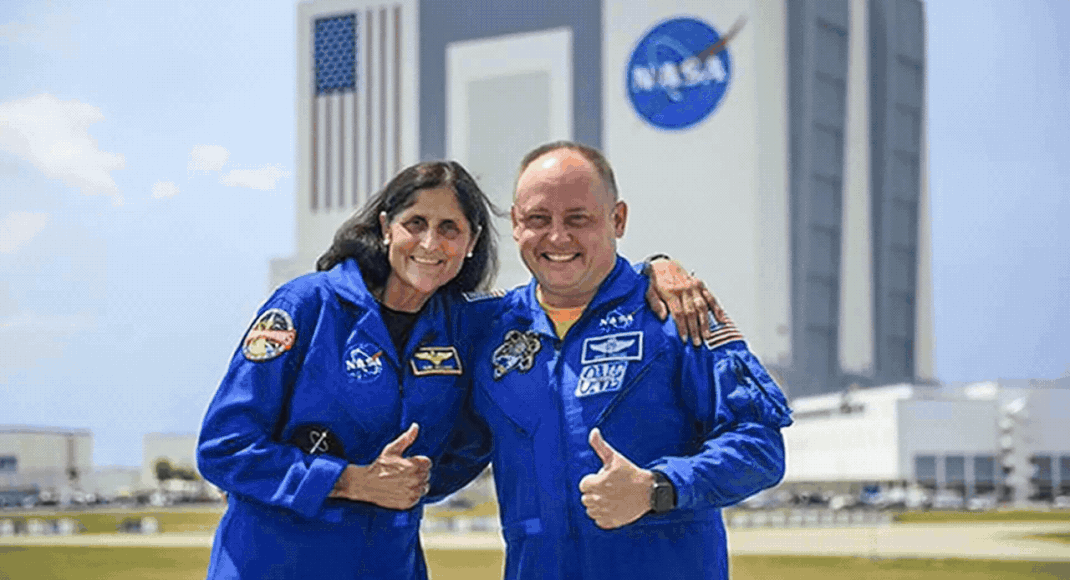
Indian-American astronaut Sunita Williams and her colleague Barry Wilmore have been stuck at the International Space Station for six months due to a malfunctioning spacecraft. Their rescue mission has been further delayed as NASA announced a delay in the return flight on SpaceX's Crew-9 Dragon capsule. They are now expected to spend close to ten months in space, raising concerns about their health as astronauts require twice as many calories in space due to changes in their metabolism. NASA's Commercial Crew Programme Manager has commended the SpaceX team for their efforts in preparing a new spacecraft for the mission.

Russian scientists have developed a vaccine that may be able to treat cancer, offering hope to patients who previously had no guaranteed cure. The vaccine is currently in testing and is expected to be available in early 2025. While there is still more testing to be done, pre-clinical trials have shown promising results in slowing the growth and spread of cancer. It will be available for free in Russia, but there is no information yet on which types of cancer it will treat or what the name of the vaccine will be. Similar treatments are also being developed in other countries, such as the UK.

Towana Looney, who had been on dialysis for eight years, became the fifth American to receive a gene-edited pig kidney transplant at New York University Hospital. The transplant was a success, with the kidney immediately turning a healthy color and functioning properly. This groundbreaking procedure is expected to become a lifesaving technology for many patients suffering from organ failure.